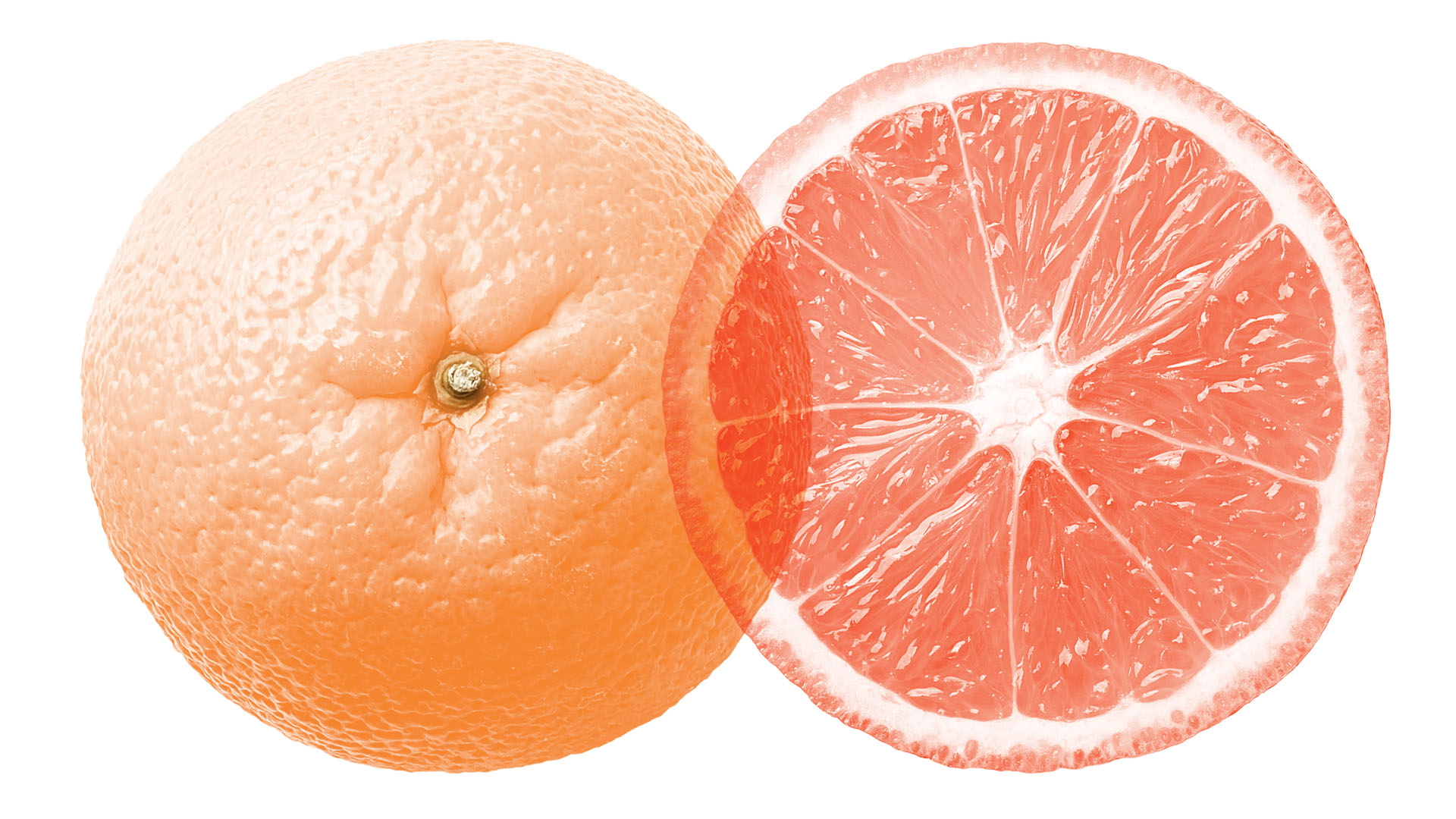Word of the Day
[den-droh-glif]
Meaning and examplesStart each day with the Word of the Day in your inbox!
By clicking "Sign Up", you are accepting Dictionary.com Terms & Conditions and Privacy Policies.
Today
Tasty!
Ever Eaten A Calyx? Chow Down On The Weirdest Words For Food
Sometimes, we use really strange words to talk about food. Dig in to this guide to flavedo, peduncle, and the many other odd terms we use in reference to succulent snacks. Read more.
Advertisement
Games
Calling all cruciverbalists! Sharpen your mind with crosswords and word games, or take a brain break with your favorite classic games.
Play 80+ gamesAdvertisement
Featured
A long time ago...
The Faraway Origins of "Star Wars Day"Trending
Advertisement
Newsletter

Salutations, logophile!
Sign up to get everything a word lover could want: word origins, fun facts, and the latest language trends.
By clicking "Sign Up", you are accepting Dictionary.com Terms & Conditions and Privacy Policies.
Advertisement
Browse



